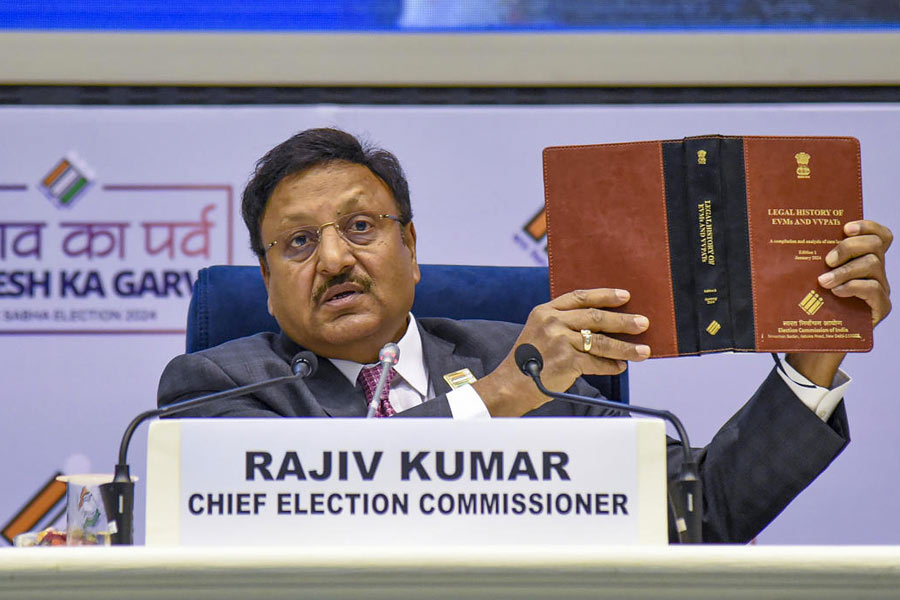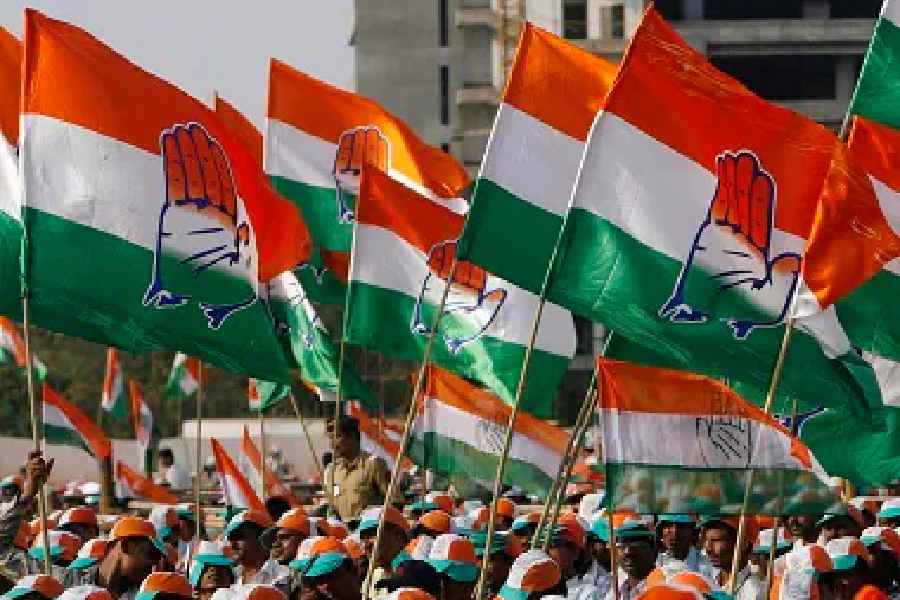In the 1990s, when Harry Potter was just about to take over the lives of young readers all around the world, Celebrate Teen Literature Day did not exist. It came into existence in 2007, and has been observed in the month of April ever since. This is just as well, for in spite of all the criticism that fiction written for teenagers — known popularly as ‘young adult’ literature — invites from the guardians of highfalutin literary works, they are a shot in the arm for humanity. They take readers back to who they really are at the heart of it all — a petrified, lonely teenager walking into a new school, a senior who wants to prevent bullies from hurting weaker students, a boy or girl who falls in love for the first time or a teen whose parents turn a blind eye to the sexual abuse he endures. This, of course, is not to say that books written for adults do not reflect the realities of life. They certainly do carry their own sense of enlightenment and wonder. However, perhaps it can be argued that with adulthood comes an undeniable erosion of unalloyed emotions and a heightened sense of cynicism that find their way into adult literature?
Contrary to popular belief, witches, vampires and post-apocalyptic worlds did not always — and still do not — dominate young adult fiction. Since the 1960s and 1970s, when authors in the genre began to write with more candour, teen literature has succeeded in encapsulating the passions of teen readers. Some works that achieve this are John Green’s Turtles All the Way Down, which deals with first love and mental illness, Jennifer Mathieu’s Moxie, in which teenaged feminists try to educate their schoolmates about human rights, and even Angie Thomas’s The Hate U Give, a sensitive exploration of the mind of the protagonist who is galvanized into action after the police shoot her friend.
It is important for teenagers to read these stories, for they offer the kind of reminders and emotional experiences they require. Studies have shown that teenagers care more about politics than adults, and are generally far more open to change. These qualities are reflected in the literature written for them, which adults should treat as literature written for all — it teaches us empathy along with survival. While it is important to become smarter, it is equally, if not more, important to become better people. Perhaps that is why Teen Literature Day exists: it facilitates the process of changing the world for the better.










